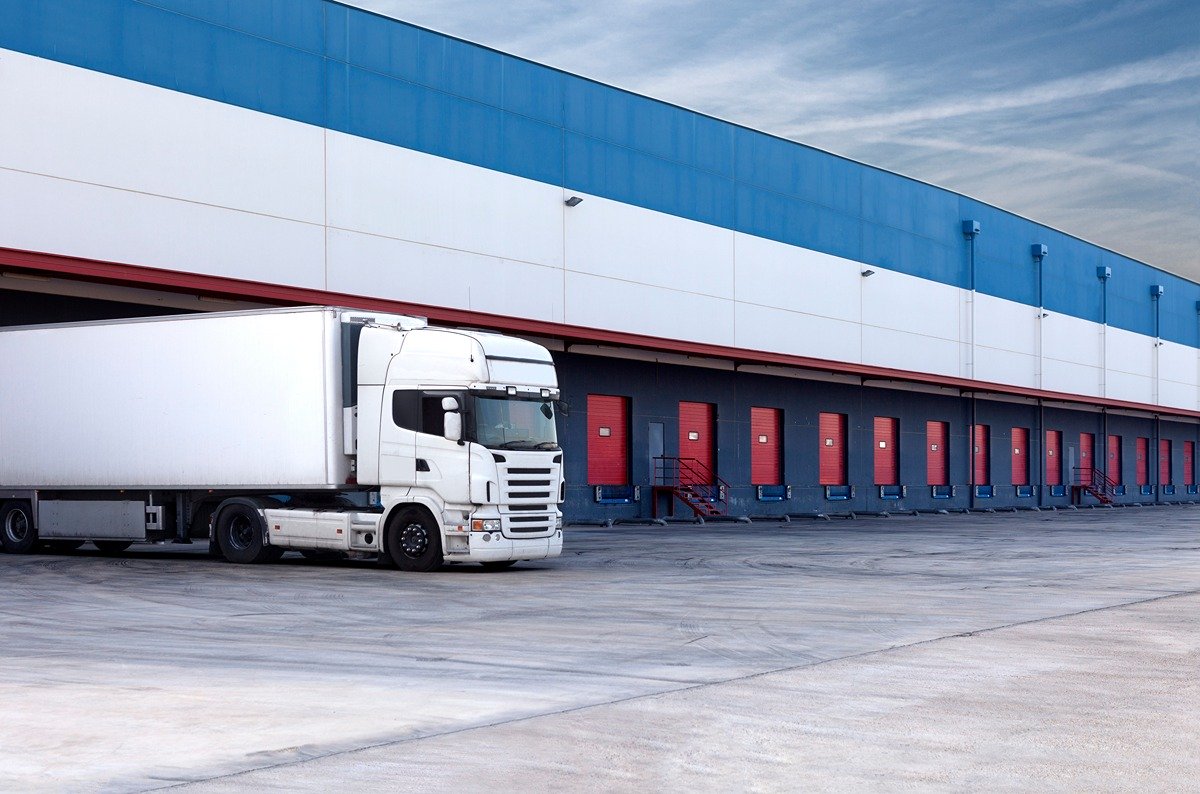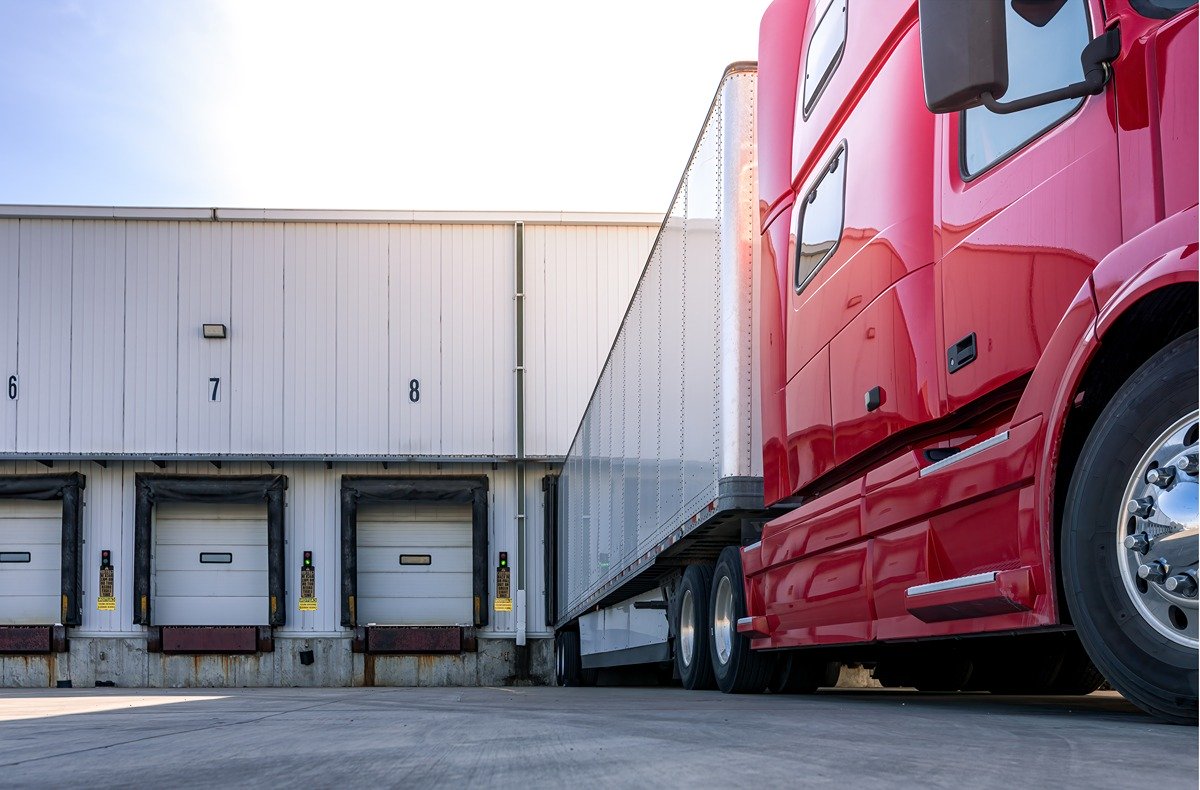
For small business owners in the commercial trucking industry, securing the right vehicle financing solution can make the difference between surviving and thriving.
Whether you’re purchasing your first truck or expanding your fleet, commercial vehicle finance options provide critical flexibility. But with so many options on the market, how can you know which one fits your business needs?
By understanding your options and choosing a strategy aligned with your goals, you can confidently navigate the world of commercial vehicle financing. In this guide, we break down the most trusted solutions for business auto loans, leasing, and specialty commercial vehicle financing.
Business Vehicle Financing
Small trucking businesses often need tailored financing to match seasonal demand, growth stages, or unique vehicle needs.
Commercial vehicle finance plays a crucial role in helping small trucking businesses grow, adapt, and compete. And with many lenders offering a streamlined online application process, it’s easier than ever to get the commercial vehicle finance you need.
Business vehicle financing offers structured solutions with favorable terms to help you acquire the equipment you need without compromising cash flow. However, to make the right choice, you must select the financing option that fits your business.
Let’s have a closer look at what that means.
Financing Options to Fit Your Business
Choosing financing that fits your business means aligning the loan structure with your cash flow, operational requirements, and asset usage.
For example, short-haul delivery services may benefit from leasing newer, fuel-efficient vehicles every few years, while long-haul operators may choose ownership through fixed-term loans.
Commercial vehicle finance terms typically range from 24 to 72 months and may have fixed or variable interest rates. By choosing a financing option designed for your business model and budget, you maintain flexibility while building equity or rotating equipment as needed.
Take note that any down payments required can vary depending on credit history, collateral, and the vehicle’s condition. If you don’t have the best credit history, don’t fret. You can still apply for financing through Mission Financial Services.

Commercial Line of Credit
As your business becomes more successful, with trucks constantly on the road, you’ll find that you need to repair or even replace vehicles more often.
Indeed, your business may do so well that you need to add to your fleet of light-duty trucks and delivery vans regularly. And if you’re supplying shipping logistics to e-commerce companies, you will have a consistent demand for your services.
For businesses that regularly purchase or upgrade vehicles, a commercial line of credit offers unmatched flexibility.
This revolving credit line lets you draw funds as needed and repay them over time, perfect for operators managing seasonal spikes or rapidly expanding fleets.
Financing in the Business Name
If you’re an owner-operator or have a small business, you may be considering applying for financing in your name. In our experience, it is usually best to finance your commercial vehicles in your business’s name and make payments from your commercial accounts.
Here’s why. Establishing credit in your business’s name helps separate personal and professional obligations. And commercial lenders often prefer working with established business credit profiles. Financing under the company name also strengthens your business’s financial standing over time.
Third-Party Guarantee
What if your business doesn’t have much of a credit history?
That makes loan or credit approval a little trickier. Don’t worry. That doesn’t mean that you can’t apply for financing, but if your business lacks a robust credit history, some lenders may require a third-party guarantee.
This is usually a co-signer or affiliated entity that promises to repay the debt if the business defaults. While this can help new businesses secure financing, it adds a layer of responsibility to whoever signs on as the guarantor.

Specialty Vehicle Financing
Not all vehicles are created equal. Fortunately, there are financing options for these specialty vehicles, too. Specialty vehicle financing targets trucks and equipment built for niche applications such as refrigerated transport, hazardous materials, tow trucks, or mobile service vehicles.
Lenders who understand the unique demands of these vehicle types may provide better loan terms, flexible repayment schedules, and allowances for upfitting. If your business relies on specialized equipment, consider using commercial vehicle financing explicitly designed for that purpose.
Municipal Lease-Purchase Plan
Government contractors, school transportation providers, and waste management services may qualify for municipal lease-purchase plans. These programs are structured to comply with state and local government financing regulations while allowing businesses to acquire essential vehicles.
With a municipal lease-purchase plan, your business leases the vehicle with the intent to purchase it at the end of the term. This option offers budget-friendly payments and can include tax advantages, depending on the state/jurisdiction.

Heavy-Duty Truck Finance
Let’s face it: heavy-duty trucks don’t usually come cheap. They come with high price tags, and financing them requires a strategic approach. Therefore, commercial vehicle finance solutions specific to these trucks often include longer terms, balloon payments, or graduated payments.
Lenders consider various factors when financing a Class 8 vehicle or similarly heavy equipment. They evaluate the truck’s value, review your operating history, and assess the revenue the vehicle is expected to generate.
The resale potential may also affect loan approval and rates.
Compare the following options:
- Fixed-term loan for fleet purchases: Such a loan is paid back over a set period (term) with regular and equal payments. You can use a fixed-term loan to buy a new or used commercial vehicle.
- Equipment leasing with maintenance add-ons: This is like “renting” a commercial vehicle. You’ll make monthly payments in exchange for the use of the vehicle. An optional maintenance package will cover maintenance and sometimes repairs of the leased vehicle.
- Sale-and-leaseback for cash flow improvements: This is an arrangement in which the commercial vehicle you sell can be leased back from the purchaser.

What Type of Commercial Vehicle Loan Is Right for You?
Choosing the right commercial vehicle finance option depends on your financial goals, budget, operational demands, and credit profile.
Here are common types of commercial vehicle finance options:
- Traditional Loans: Ideal for commercial customers seeking long-term ownership. Allows you to build equity in the asset, and requires consistent payments.
- Equipment Leases: Offers flexibility with lower upfront costs. You can upgrade vehicles more often.
- TRAC Leases (Terminal Rental Adjustment Clause): This vehicle and trailer lease allows adjustments to payment terms, lengths, and residuals while it is active. It’s great for fleets that want an option to purchase at lease-end.
- Operating Leases: These allow for the vehicle’s use but do not convey ownership rights. They keep the asset off your balance sheet. Operating leases are often used by companies with rapid turnover.
- Seasonal Payment Structures: When you’re in a niche business or use specialty vehicles, you need financing to match. These seasonal payment structures match payments to revenue cycles in trucking businesses with major seasonal shifts, such as agriculture or even construction.
Each loan type comes with pros and cons. A careful review of your financial strategy and fleet goals will help you make the best commercial financing decision.
Is a Commercial Auto Loan or Lease Better?
A well-structured financing plan empowers your business. However, it can be difficult choosing between commercial loans and leases. They can both have advantages, depending on your unique business goals.
Here’s how they compare:
| Feature | Commercial Auto Loan | Commercial Vehicle Lease |
| Ownership | You own the vehicle | The lessor owns the vehicle |
| Upfront Costs | Higher down payment | Lower down payment |
| Monthly Payments | Typically higher payments | Lower payments may include a maintenance plan |
| Flexibility | Fixed asset | Easy to upgrade or return |
| Tax Benefits | Depreciation & interest deductions | Lease payments may be tax-deductible |
| End of Term | You keep the vehicle | You return the vehicle, renew the lease, or buy the vehicle |
Is your goal a long-term investment and asset control? A commercial auto loan may suit you best. Do you want flexibility and simpler cost management? Leasing a commercial vehicle could be a better option.
Conclusion
From business loans and commercial lines of credit to specialty financing and municipal plans, you have various options to choose from. But how do you know you’ve found the right one? It supports your operational needs without straining your cash flow.
Perhaps you’re looking to buy your first truck. Maybe you need help paying for repairs to your existing trucks. You may even be trying to build a business credit history. With our extensive experience in the commercial trucking industry, Mission Financial Services is here to help.
We provide financing specifically tailored to commercial vehicles, with funds to buy new and used vehicles or even do semi-truck repairs. Contact us for more information.


